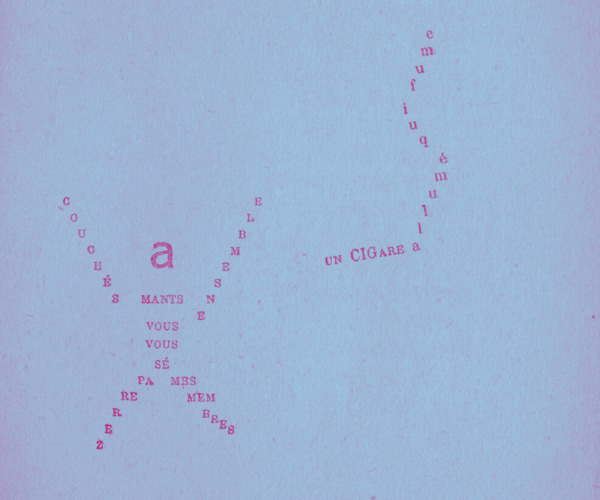
This week at Public Seminar, poets and philosophers trade places. Simon Critchley sits down with Megan Robinson to discuss why Heidegger loved Hölderlin. Zohreh Zadbood chats with Alexia Underwood about writing verse in Persian and English. And in Episode 15 of Multi-Verse, Philip Metres joins Evangeline Riddiford Graham for a close reading of a poem that pays attention to the strange accordion of time.
Simon Critchley on the Most Important Philosophical Book of the Twentieth Century
Simon Critchley and Megan Robinson
Simon Critchley: I was having a nervous breakdown in my first year at university—I didn’t realize it at the time, but I clearly was. My main symptom was just chronic anxiety. I was at a loss. And at that point, I read Heidegger’s lecture “What Is Metaphysics?,” from 1929, and there’s a line where he says, “Anxiety reveals nothing.” And I thought, “I know exactly what that means!” I didn’t really know what it meant, but I felt I knew what it meant. That gave me a sense that the world can kind of slip away, that the world withdraws, it recedes, and you’re left as this being that is consumed with an anxiety that you cannot really make sense of. Heidegger gave me words for thinking about what I was experiencing.
A New Media Artist from Tehran at The New School
Alexia Underwood and Zohreh Zadbood
Zohreh Zadbood: It’s interesting how art helped me to endure the distance, the years of being away from home. It helps me find meaning in this distance. It’s been really hard to be away from my parents, from all my close friends. This has made me more observant, and also introspective—the fact that I’ve been out of my comfort zone and had to face a lot of challenges in this respect.
Philip Metres’s Nostalgia
Multi-Verse
Philip Metres: Here I am, in midlife, thinking about what is home—and knowing that all homes are sandcastles, in a way.



